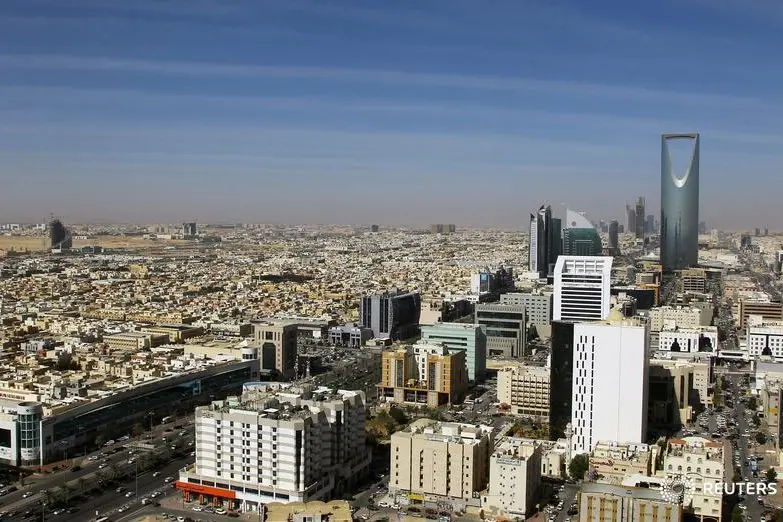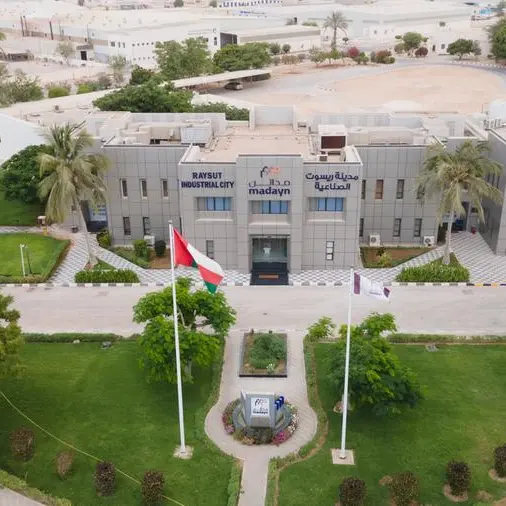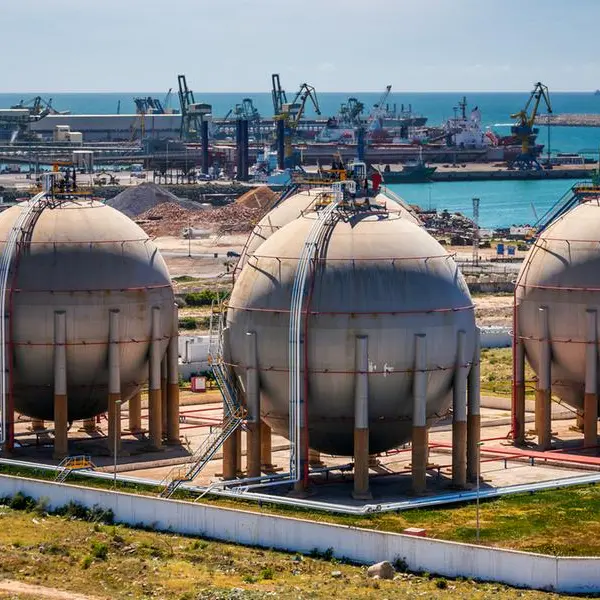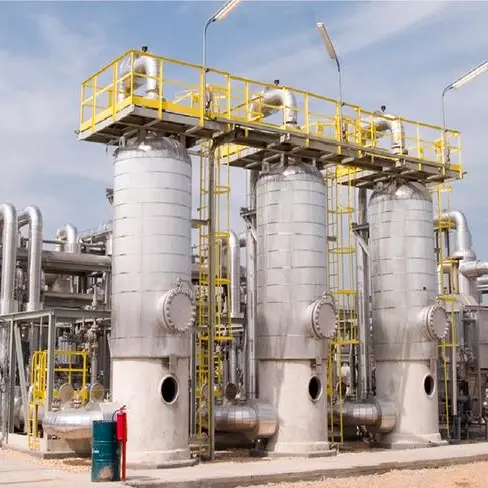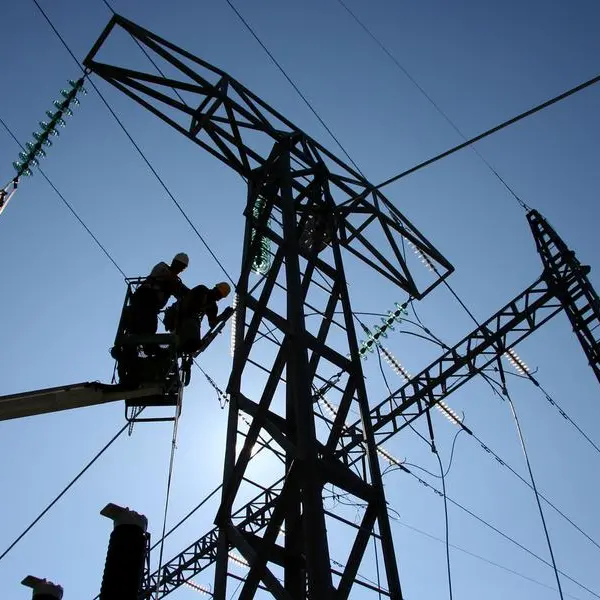PHOTO
The Saudi government’s commitment to increase home ownership rates for nationals continued to support the kingdom’s residential market in the first quarter of 2020, a study showed.
Saudi Arabia targets to increase Saudi home ownership to 60 percent by the end of 2020 and 70 percent by 2030.
According to JLL’s Q1 2020 KSA Real Estate Market Performance report, the delivery of residential units for Saudi nationals in Riyadh and Jeddah remained active during Q1 2020. In Riyadh, 7,500 units were delivered while in Jeddah, approximately 1,800 units were handed over.
“In the short-to-mid term, demand remains supported by the Sakani program and the various mortgage products launched over the past couple of years,” Dana Salbak, Head of Research MENA at JLL said.
Sakani is a housing program run by the Ministry of Housing and the Real Estate Development Fund.
“However, in light of the current conditions and with no specific stimulus package in support of the residential market, we can expect somewhat of a slowdown in demand over the coming period,” Salbak added.
In Riyadh, average sales prices dropped 6 percent in Q1 2020 compared to Q1 2019, while average rental rates fell 2 percent according to the report.
In Jeddah, average sales prices dropped 7 percent and average rental rates fell 5 percent in Q1 this year.
Office market
According to JLL, the drop in oil prices combined with shifts in the work environment (towards remote working practices) has resulted in a slowdown in demand for office space.
In Riyadh, headline rents across office spaces (grade A and B) retreated 1 percent in Q1 2020, while in Jeddah, headline rents fell 5 percent.
Retail, hospitality markets
In the retail sector, Q1 2020 rental rates came under pressure according to the report.
“In the short-to-medium term, and depending on the gradual ease of lockdown and mobility, we might see a prolonged period of lower consumer appetite for shopping in physical retail spaces out of health concerns,” JLL said.
In Riyadh, average rental rates in regional and community malls in the first quarter of the year fell 7 percent year-on-year. In Jeddah, average rental rates in super regional and regional malls retreated 12 percent.
The hospitality industry was hit in Q1 2020 by travel restrictions according to the report.
“As with other markets around the world, the hospitality industry in Saudi Arabia kicked off the year strongly, with occupancy rates in Riyadh and Jeddah, registering improvements in the YT February 2020 when compared to the same period last year, recording 74% and 58% respectively,” JLL said.
“However the period which followed, saw hotel performance levels decline as travel restrictions took effect,” it added.
(Reporting by Gerard Aoun; editing by Seban Scaria)
#Saudi #JLL #Real Estate #Retail #Office
Disclaimer: This article is provided for informational purposes only. The content does not provide tax, legal or investment advice or opinion regarding the suitability, value or profitability of any particular security, portfolio or investment strategy. Read our full disclaimer policy here.
© ZAWYA 2020
